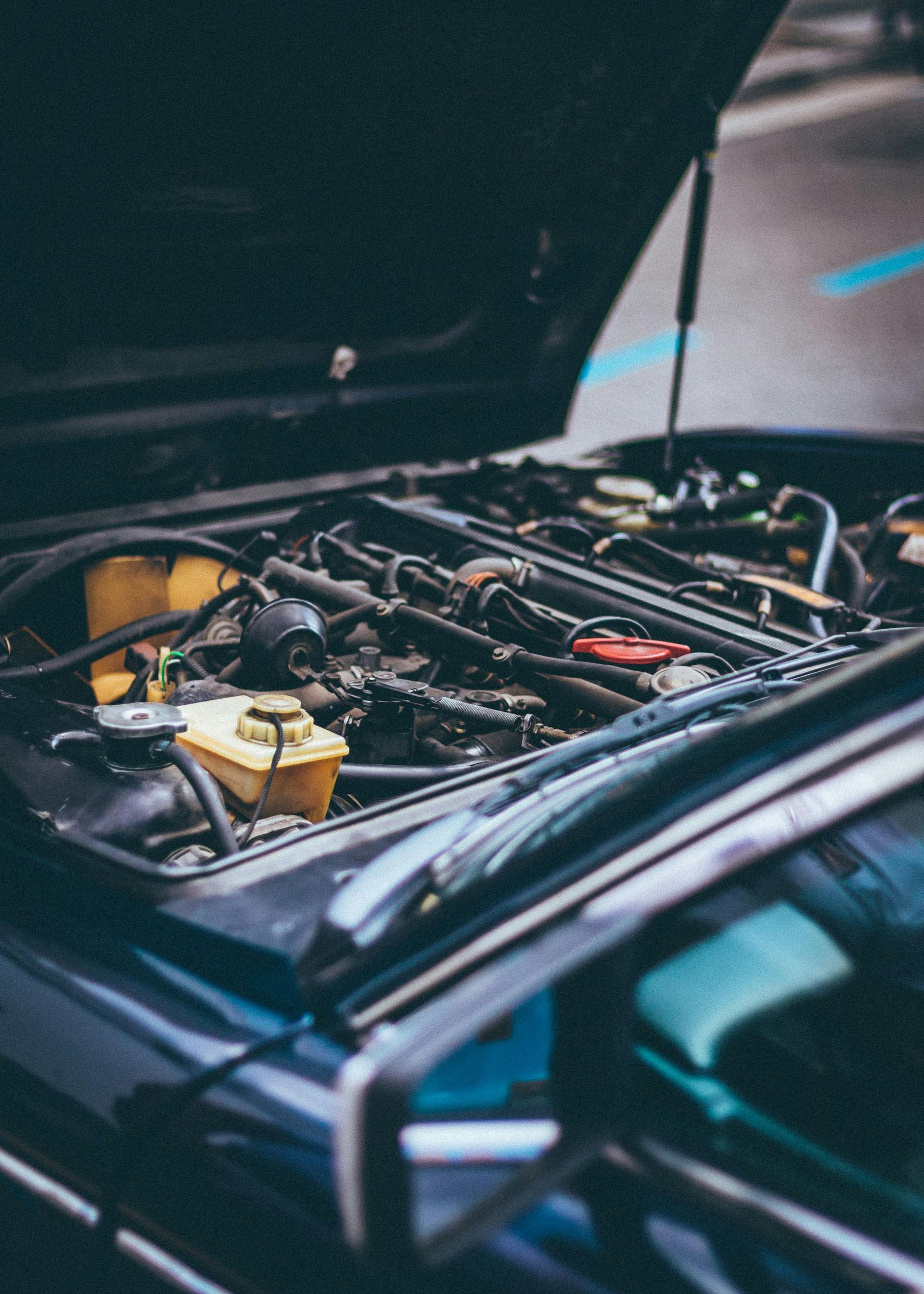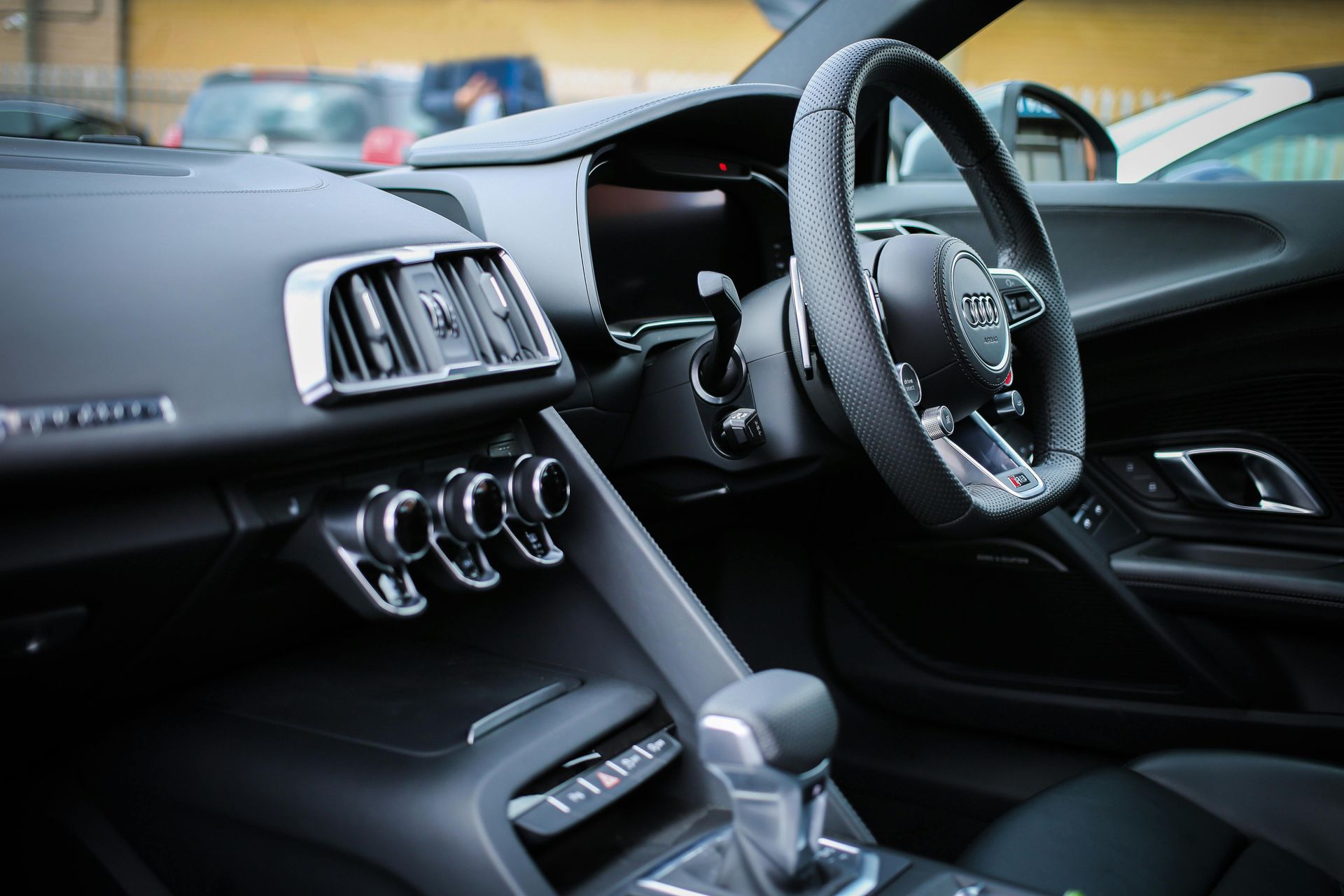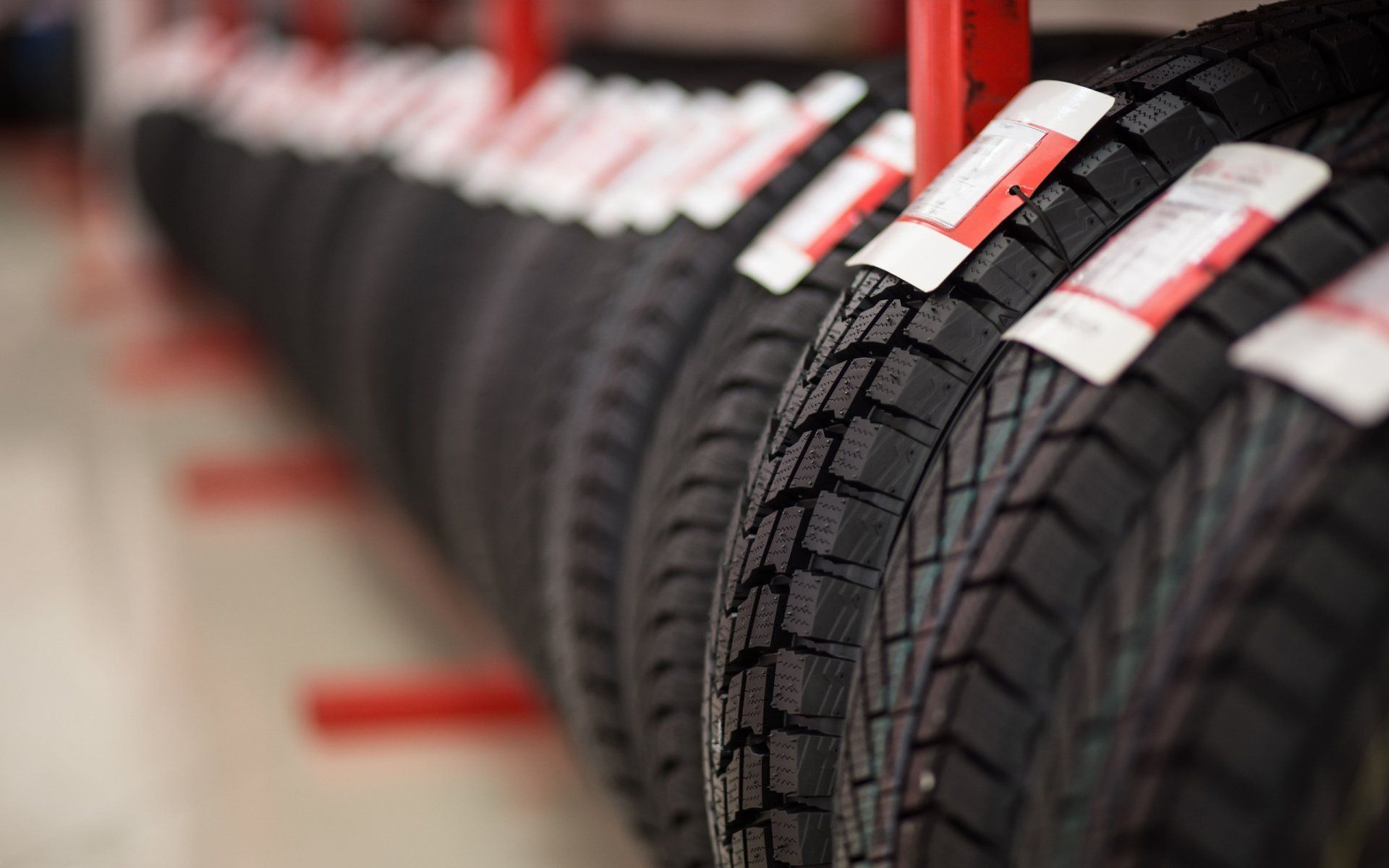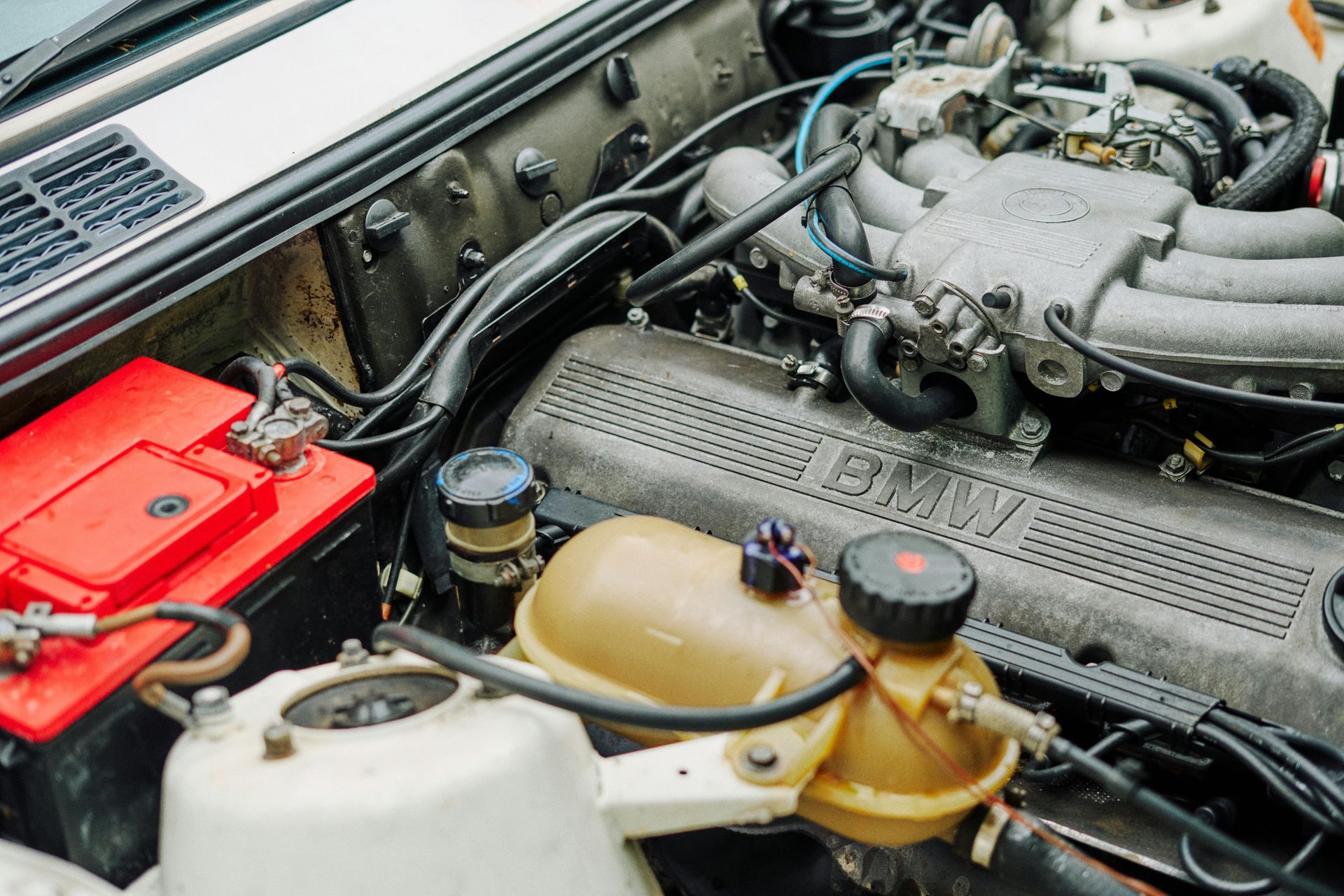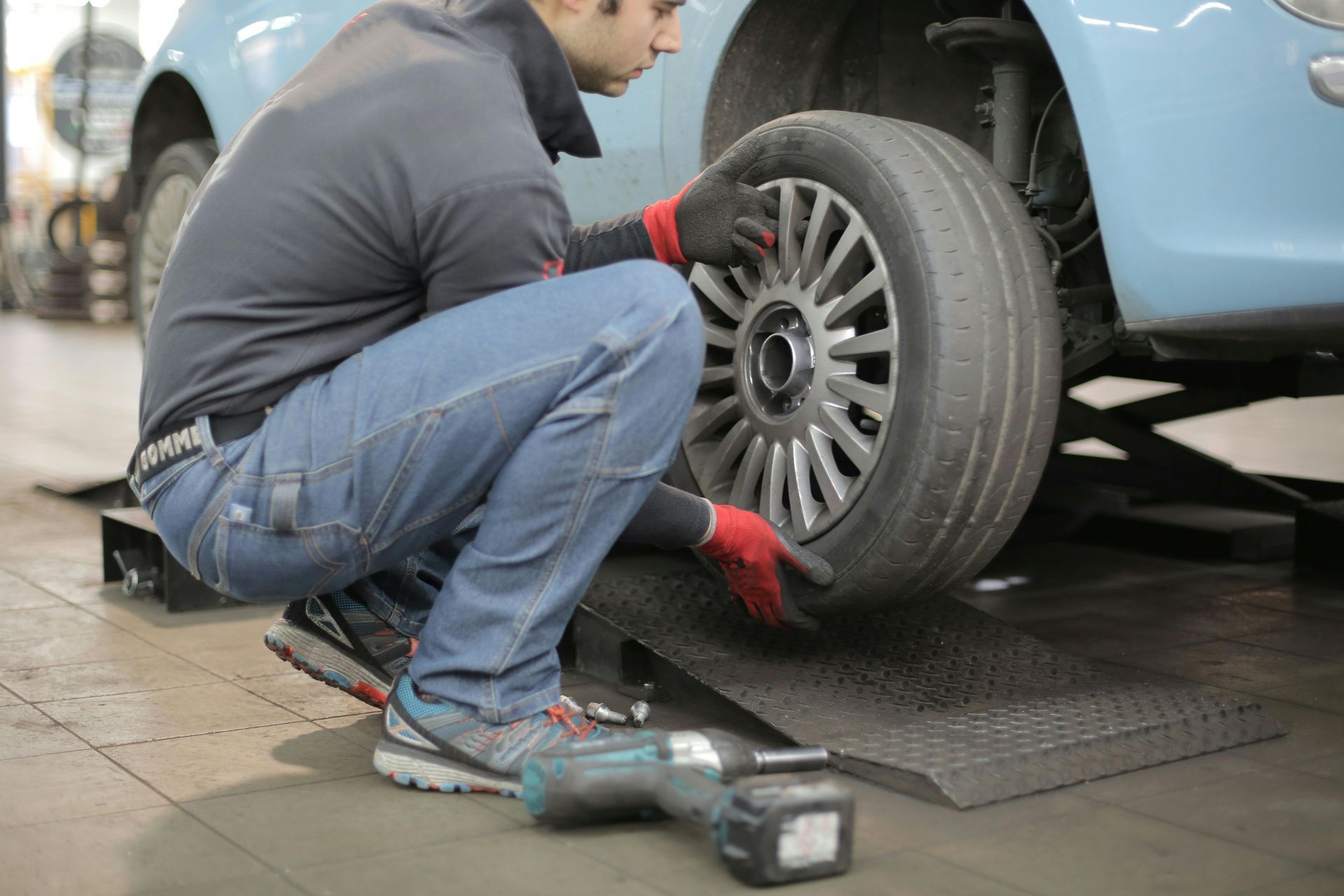When Your Car's AC Stops Blowing Cold Air: Causes and Solutions
Nothing ruins a summer drive through Auburn's scenic foothills quite like an air conditioning system that decides to quit working. When outside temperatures climb past 100°F and your AC starts blowing warm air, what should be a comfortable commute to Sacramento or a pleasant weekend trip to Lake Tahoe quickly becomes an unbearable ordeal.
If your car's air conditioning isn't keeping you cool, you're not alone. AC problems are among the most common automotive issues during Auburn's intense summer months. The good news? Many AC problems have identifiable causes and solutions that can get you back to comfortable driving.
Most Common Reasons Your AC Isn't Cold
Low Refrigerant Levels
The most frequent culprit behind warm AC air is low refrigerant, also known as Freon. Your car's AC system is sealed, so refrigerant doesn't just disappear on its own – there's usually a leak somewhere in the system.
Signs of low refrigerant:
- AC blows cool air initially, then gradually warms up
- Ice forming on AC components under the hood
- Hissing sounds when AC is running
- Visible oil stains around AC components
Auburn's temperature extremes cause AC systems to work harder than in milder climates, potentially accelerating wear on seals and connections where leaks commonly develop.
Faulty Compressor
The AC compressor is like the heart of your cooling system. When it fails, cold air production stops completely.
Compressor warning signs:
- Loud grinding or squealing noises when AC turns on
- AC clutch not engaging
- No cold air production at all
- Strange smells when AC runs
Compressors often fail during Auburn's hottest months because they're working overtime to combat triple-digit temperatures.
Clogged Cabin Air Filter
A dirty cabin air filter restricts airflow, making your AC work harder while delivering less cooling power. Auburn's dusty summer conditions and occasional wildfire smoke can clog these filters faster than normal.
Symptoms of a clogged filter:
- Reduced airflow from vents
- Musty or dusty smells
- AC takes longer to cool the cabin
- Increased strain on the AC system
Electrical Issues
Modern AC systems rely on various electrical components, sensors, and control modules. When these fail, your AC might blow warm air even though the mechanical components are fine.
Common electrical problems:
- Blown fuses
- Faulty temperature sensors
- Bad AC control module
- Wiring issues from heat damage
Blocked Condenser
Your AC condenser sits behind the front grille, making it vulnerable to debris. In Auburn's environment, dust, leaves, and even small rocks from mountain roads can block airflow through the condenser.
Condenser blockage signs:
- AC works better at highway speeds than in stop-and-go traffic
- Gradual decrease in cooling performance
- Visible debris blocking the condenser fins
What You Can Check Yourself
Before heading to the repair shop, there are several things Auburn drivers can inspect:
Visual Inspection
Look for obvious leaks. Check under your car for oily spots, particularly around AC components. Refrigerant leaks often leave telltale oil stains.
Examine the condenser. Remove any visible debris from the condenser fins behind your front grille. Be gentle – these fins bend easily.
Check cabin air filter. Many cabin air filters are easily accessible and can be inspected or replaced without tools.
Listen for Unusual Sounds
Compressor engagement. When you turn on the AC, you should hear the compressor clutch engage with a distinct click. If there's no sound, the compressor may not be receiving power or refrigerant.
Belt squealing. Worn AC belts often squeal when the compressor engages, particularly common after Auburn's hot summer months.
Test Different Settings
Try various fan speeds. If high fan speeds work but low speeds don't, you might have a blower motor resistor problem.
Check different temperature settings. If the system blows cold air on maximum cool but warm air on moderate settings, the issue might be with temperature control components.
When Professional Help is Needed
While some AC problems have simple solutions, others require professional diagnosis and repair. Refrigerant handling requires special equipment and EPA certification, making professional service necessary for most AC repairs.
Complex Diagnostics Required
Modern vehicles have sophisticated AC systems with multiple sensors, control modules, and safety features. Proper diagnosis often requires specialized scan tools and pressure testing equipment.
Safety Considerations
AC refrigerant can be dangerous to handle improperly. It's under high pressure and can cause severe injuries if released incorrectly. Additionally, older vehicles may contain refrigerants that require special disposal procedures.
Warranty Protection
Professional AC repairs typically come with warranties that protect your investment. DIY repairs might save money initially but can cost more if something goes wrong.
Auburn-Specific AC Challenges
Auburn's location presents unique challenges for vehicle AC systems. The combination of high temperatures, elevation changes, and dusty conditions puts extra stress on cooling components.
Mountain Driving Effects
Regular trips between Auburn and higher elevations like Foresthill, Grass Valley, or Truckee create additional strain on AC systems. The temperature differences and altitude changes can accelerate wear on seals and gaskets.
Dust and Debris
Auburn's dry summers generate significant dust, which can clog condenser fins and cabin air filters more quickly than in other climates. This is particularly problematic during wildfire season when air quality deteriorates.
Stop-and-Go Traffic
Summer traffic through Auburn, especially during tourist season, means more stop-and-go driving. AC systems work harder when the vehicle isn't moving, as there's less airflow through the condenser.
Prevention Tips for Auburn Drivers
Regular filter changes. Replace cabin air filters more frequently during Auburn's dusty season.
Annual AC service. Have your AC system inspected each spring before temperatures climb.
Keep condenser clean. Regularly remove debris from the condenser fins, especially after drives on dusty mountain roads.
Use AC regularly. Even during cooler months, run your AC periodically to keep seals lubricated and prevent component failure.
Don't Sweat the Small Stuff
AC problems don't have to ruin your summer driving plans. Whether you're commuting through Auburn's downtown area or heading out for weekend adventures in the Sierra Nevada, a properly functioning air conditioning system makes all the difference in comfort and safety.
While some AC issues have simple fixes, many require professional diagnosis and repair to ensure lasting solutions and prevent further damage to your vehicle's cooling system.
Stay Cool This Summer
Is your car's AC leaving you hot and bothered during Auburn's scorching summer temperatures? Don't suffer through another sweltering commute or uncomfortable road trip. The ASE-certified technicians at Autovantage Service Center have the experience and equipment to diagnose and repair all types of AC problems quickly and effectively.
From simple refrigerant recharges to complete system overhauls, we'll get your air conditioning back to peak performance so you can enjoy comfortable driving all summer long. Contact Autovantage Service Center at (530) 450-2423 or visit us at 555 Wall St in Auburn to schedule your AC service today. Beat the heat – your comfort depends on it.




